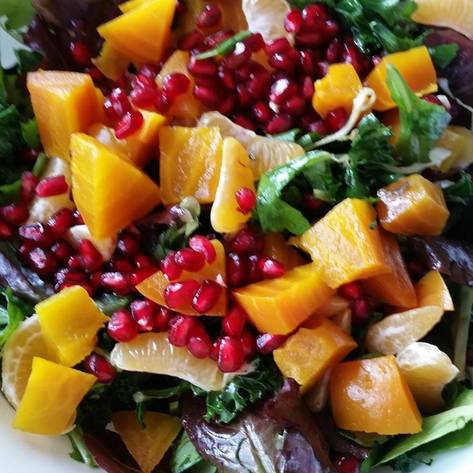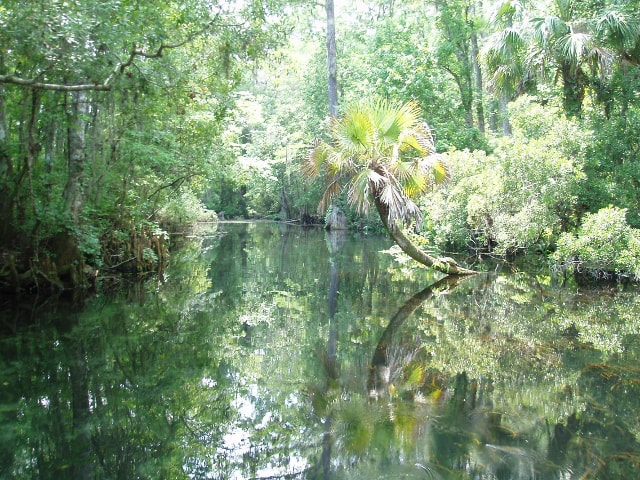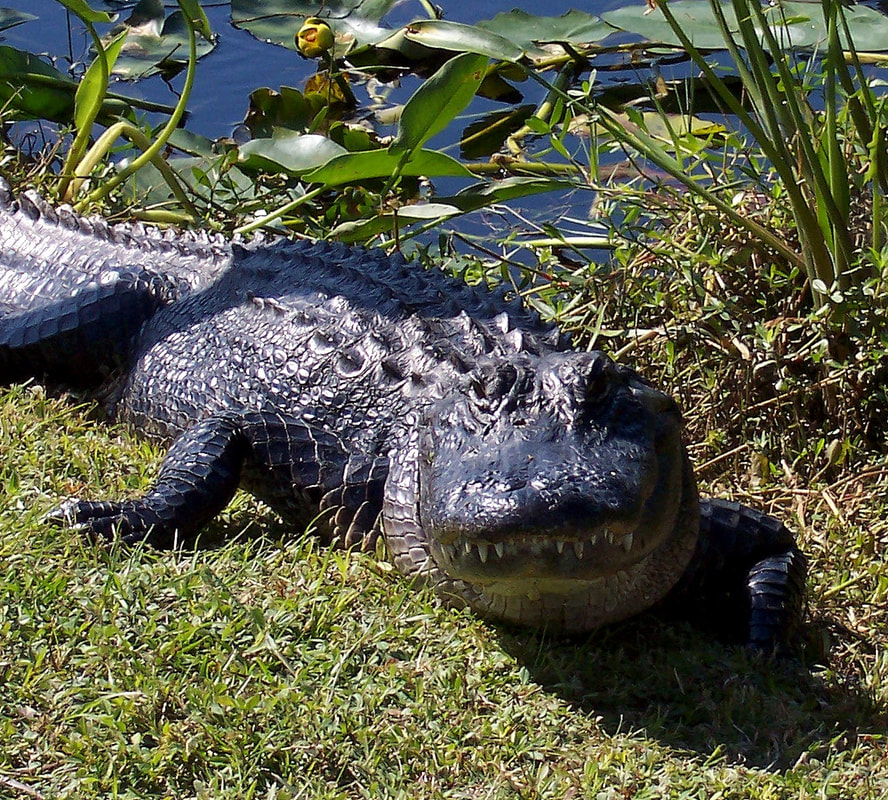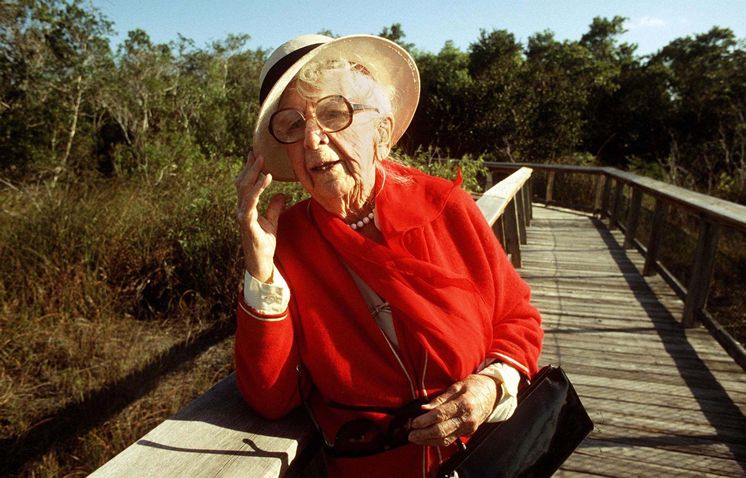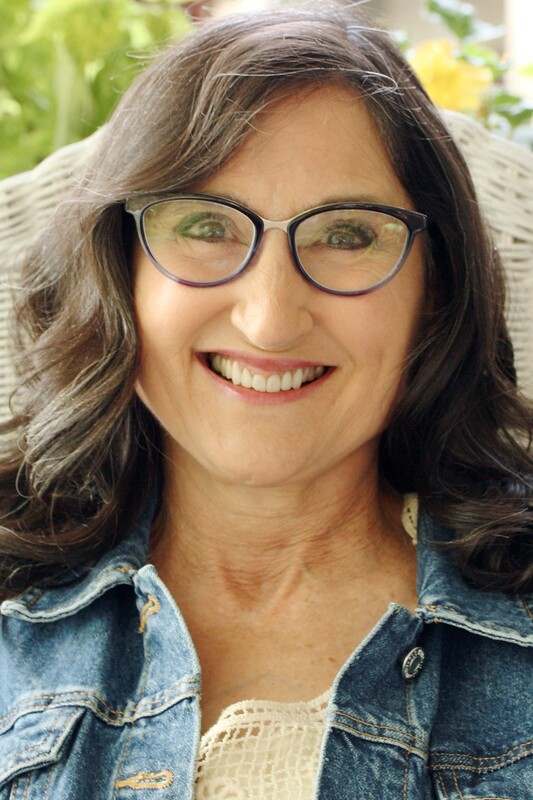|
Here's my new seasonal salad. Honestly, I love it so much I've been eating it every day.
Salad 8-10 oz of baby field greens, half arugula 1 medium roasted golden beet, cut into chunks (Here's how I roast beets.) 2 tangerines, peeled and separated 1/2 cup pomegranate seeds Use your favorite citrus vinaigrette dressing, or the simple one I whipped up. It makes enough dressing for at least two salads. Dressing 4 oz Trader Joe's Orange Muscat Champagne Vinegar 4 oz Extra Virgin Olive Oil garlic, salt and pepper to taste. 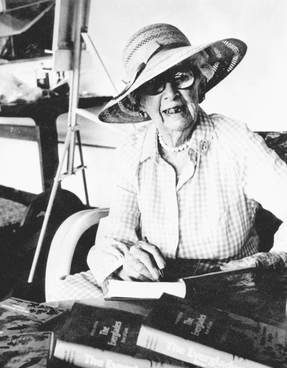 Marjory Stoneman Douglas earned her place in history for helping preserve the Florida Everglades. She did it all in the second half of life. At first glance Marjory appears an unlikely heroine. She began her journalism career as the society reporter for the Miami Herald and later published short stories and novels. She rarely went out for a picnic, let alone visited the crocodile invested Everglades, saying it was "too buggy, too wet, and too generally inhospitable....I know it’s out there, and I know it’s important.... There are no other Everglades in the world." South Florida land developers considered the Everglades a useless swamp just waiting for them to turn it into shopping malls and subdivision. Marjory wrote stories set in South Florida and vividly described the natural world. She was writing a novel 1941 when an editor asked her to write a non-fiction book addressing threats to the Everglades and she agreed. Scientists warned if the area wasn't protected, soon all wildlife there would be extinct. 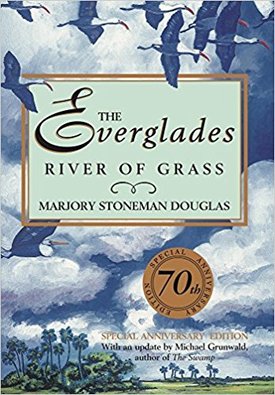 They are unique...in the simplicity, the diversity, the related harmony of the forms of life they enclose," wrote Marjory. "The miracle of the light pours over the green and brown expanse of saw grass and of water, shining and slow-moving below, the grass and water that is the meaning and the central fact of the Everglades of Florida." At age 57, Marjory published The Everglades: River of Grass. It hit the shelves in November 1947 and sold out before Christmas. The impact of the book is sometimes compared to Rachel Carson's Silent Spring. And it launched Marjory into her role as an environmental activist, which took up the next 51-years of her life. She founded Friends of the Everglades, wrote more books on the subject and fought developers, the Army Corp of Engineers, and anyone else who threatened the unique species and habitat of South Florida. "[She's a] tiny, slim, perfectly dressed, utterly ferocious grande dame who can make a redneck shake in his boots," said Assistant Secretary of the Interior Nathaniel Reed. "When Marjory bites you, you bleed." Marjory's wisdom is crucial today as we face climate change. She said. "I would be very sad if I had not fought. I'd have a guilty conscience if I had been here and watched all this happen to the environment and not been on the right side."
In 1990, Marjory published her autobiography, Voice of the River beginning with the admission "the hardest thing is to tell the truth about oneself." And ending with the advice, "life should be lived so vividly and so intensely that thoughts of another life, or a longer life, are not necessary." Marjory lived “my own life in my own way,” for 108 years. Her spirit gives me hope and challenges me live vividly and intensely. |
I'm fascinated to discover little-known history, stories of people and events that provide a new perspective on why and how things happened, new voices that haven't been heard, insight into how the past brought us here today, and how it might guide us to a better future.
I also post here about my books and feature other authors and their books on compelling and important historical topics. Occasionally, I share what makes me happy, pictures of my garden, recipes I've made, events I've attended, people I've met. I'm always happy to hear from readers in the blog comments, by email or social media. Archives
September 2023
Categories
All
|
